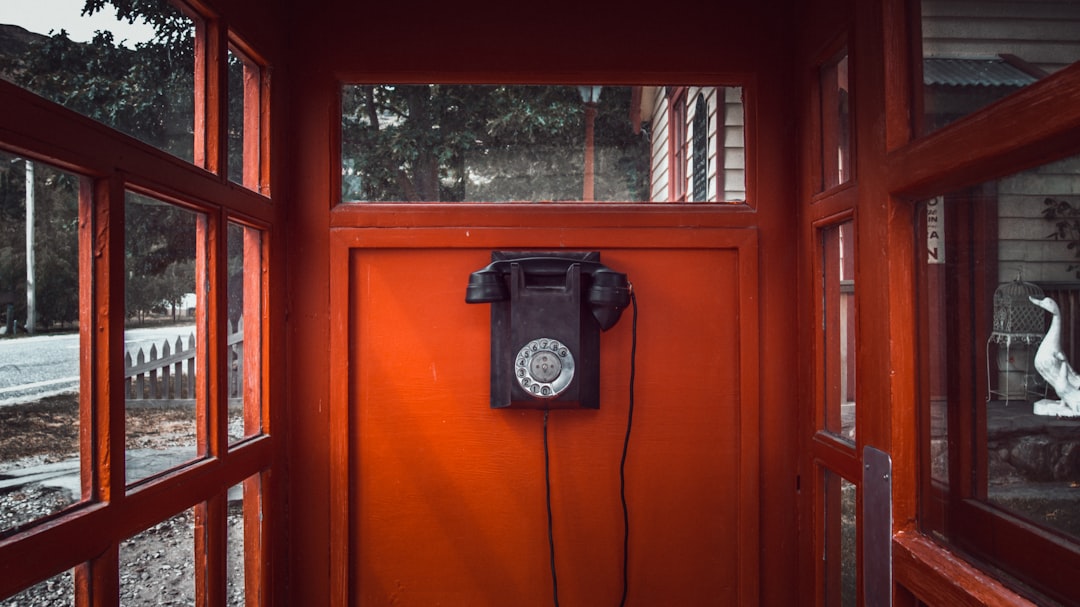Robocalls are a common problem in Frankfort, Kentucky, but residents have legal options. The Telephone Consumer Protection Act (TCPA) protects individuals from unauthorized automated calls, allowing them to sue for damages. Documenting call details is key if you want to file a complaint or take legal action. Registering on Kentucky's do-not-call list and consulting with an attorney specializing in consumer protection are essential steps to reduce robocalls and hold offenders accountable.
In Frankfort, as across Kentucky, robocalls have become a ubiquitous nuisance. These automated, often illegal, phone calls can carry serious legal implications, including privacy violations and fraud. Understanding your rights and available options is crucial to protect yourself from unwanted calls. This article explores strategies to combat robocalls, focusing on Kentucky’s legal framework, and advises whether you can sue for robocalls in the state. By arming yourself with knowledge, you can take control and reduce the frequency of these disturbing interruptions.
Understanding Robocalls and Their Legal Implications in Kentucky

Robocalls, automated phone calls that deliver pre-recorded messages, have become a widespread nuisance across the country, including Frankfort, Kentucky. While many robocalls promote legitimate services or products, some are illegal and meant to deceive or harass recipients. In Kentucky, the Kentucky Attorney General’s Office enforces laws related to telemarketing practices, including restrictions on robocalls. The Telephone Consumer Protection Act (TCPA) provides consumers with legal recourse against unwanted robocalls. If you’ve received nuisance calls in Frankfort, understanding your rights under these laws is essential.
Can I Sue For Robocalls Kentucky? Absolutely. Kentucky residents have the right to take legal action against companies or individuals who make unauthorized or harassing phone calls using automatic dialing systems. If you believe you’ve been a victim of robocall fraud or unwanted marketing calls, document the calls, including dates, times, and any recorded messages. This information can be crucial if you decide to file a complaint with the Kentucky Attorney General’s Office or pursue legal action through small claims court.
Your Rights and Options When Dealing with Unwanted Calls

When it comes to dealing with unwanted robocalls, you have rights and options. In the United States, the Telephone Consumer Protection Act (TCPA) restricts how businesses can contact consumers via phone, including automated or prerecorded messages. If you’ve received a robocall in Frankfort, Kentucky, or anywhere else, you have the right to take action.
If a business violates the TCPA by calling you with prior recorded messages without your consent, you may be able to sue for damages. While it’s not always straightforward to prove, if you can demonstrate that the calls caused you harm or invasion of privacy, you could be entitled to compensation. This includes not only financial losses but also emotional distress and other forms of damage. Consult with a legal professional to understand your rights regarding Can I Sue For Robocalls Kentucky.
Effective Strategies to Protect Yourself from Robocalls in Frankfort

Protecting yourself from robocalls in Frankfort is essential, given the prevalence of unwanted automated calls across Kentucky. While blocking numbers and using consumer protection apps can offer some relief, there are more robust strategies to consider.
First, stay informed about local and state laws regarding telemarketing practices and do-not-call lists. In Kentucky, you can register your number on the state’s do-not-call list, which restricts commercial calls. Additionally, if you suspect a robocall violates these regulations, you may have legal recourse. Consulting with an attorney specializing in consumer protection or filing a complaint with the Federal Trade Commission (FTC) are viable options, potentially including suing for robocalls in Kentucky, to hold offenders accountable and deter future violations.






